Thank you UN, for helping me find myself
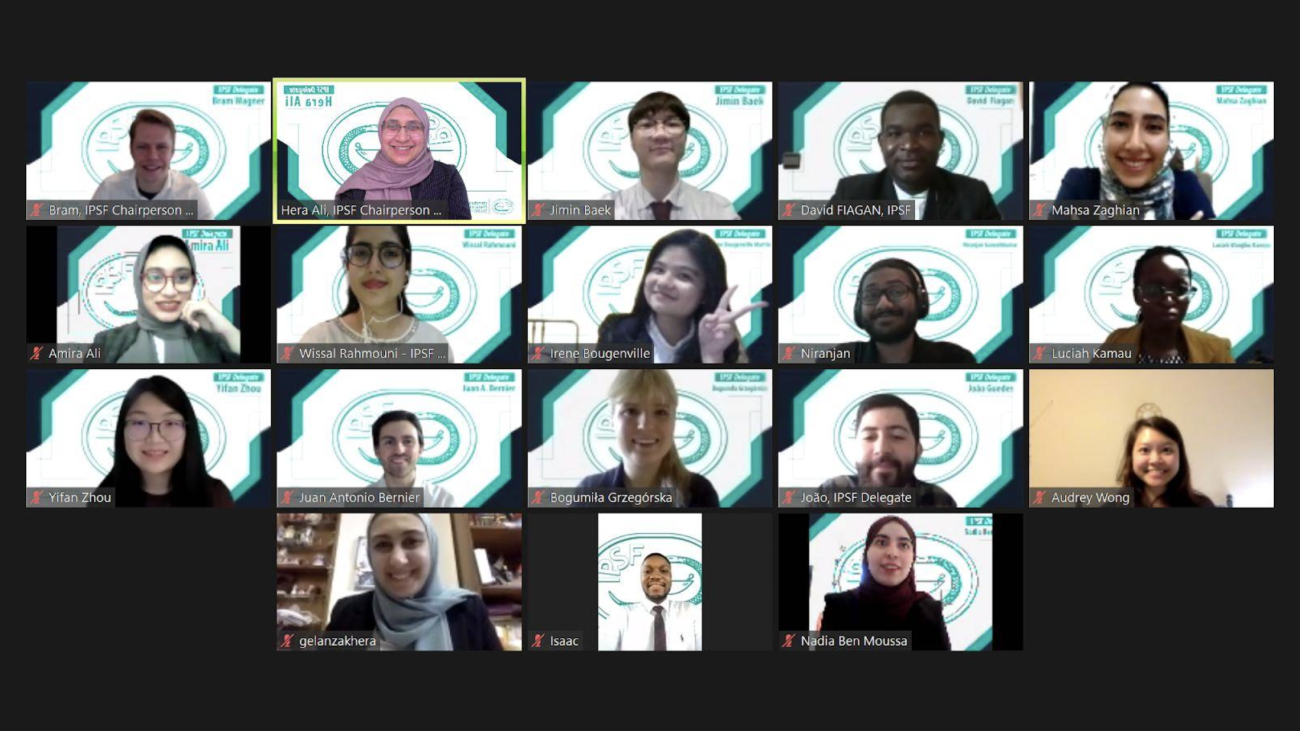
--
By: Irene Bougenville Martin
When you hear the name "United Nations", some of the first things that come to mind are something big and prestigious. That's how I felt about the organization when I was a kid. However, the UN is not as far out of reach as I thought. The organization has given me the opportunity to join programs that helped me find my purpose in life and made me aspire to be a part of the UN.
My journey started when I volunteered at the International Pharmaceutical Students Federation (IPSF) when I was in college. I got the opportunity to build partnerships with several UN specialized agencies such as WHO, UNEP, and UN OCHA, to strengthen IPSF's humanitarian/public health advocacy. I was selected to interview speakers from UNEP and UN OCHA for World Earth Day, and this is where I started to develop a desire to learn more about social issues and advocate for them.
When I took a year off due to irritable bowel syndrome caused by chronic depression, I decided to utilize my free time for self-reflection and capacity building. Hence, I became an IPSF delegate to the UNAIDS High-Level Meeting (HLM), World Health Assembly (WHA) and United Nations High Level Political Forum (UN HLPF) during the pandemic. Throughout this journey, I have been brought together with many like-minded people, talked to them and built networks for potential collaborations.
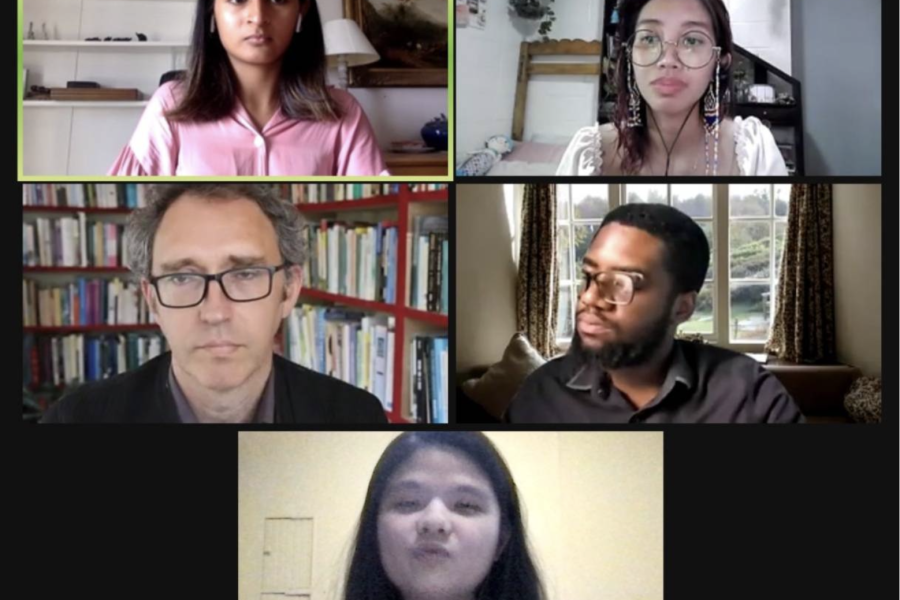
My experience at the UN HLPF conference
Of all the things we discussed, one topic that really caught my attention was sexual and reproductive health and rights as a key to preventing gender-based violence (GBV). In particular, through the UNAIDS HLM Conference, I was able to learn a lot from the stories of members of marginalized groups and get to know them better. My sense of connection and concern for them and the issue comes from my personal experience as a survivor of bullying and sexual harassment. However, due to the lack of comprehensive sexual education (CSE) in my family and community, I did not realize that I was a victim.
Sex education is still considered taboo to talk about in our culture. Perhaps this is the reason why people tend to ignore and belittle my efforts when I try to raise my voice on the issue. In fact, they told me that I should just get married and help my parents as a housewife. However, through the discussions I participated in at the UN conference, I was shown how big and full of opportunities the world is. That girls don't have to be confined to stereotypes and that we can be whatever we want to be.
The conference made me realize how the topic of sex has always been hidden from women because it tends to be considered a male conversation. This is the root cause of unwanted pregnancies or sexually transmitted infections. I also realized how women are expected to follow instead of lead. This makes it difficult for them to say "no", including to intercourse without consent.
Therefore, I felt the need to implement comprehensive sexual education in schools and colleges to empower women and young girls to make independent decisions and have bodily autonomy. In addition, I also feel the importance of spreading the spirit of advocacy to the youth around me as I believe that we are the future of the nation.
Another topic that caught my attention was access to mental health care services. Since high school, I have been experiencing anxiety attacks. However, due to the stigma surrounding mental health, I never had the opportunity to consult a psychologist and receive the specialized treatment I needed. However, my experience attending WHA has increased my knowledge on the social determinants of health, how they can contribute to unequal access to healthcare, and how pharmacists can play a role in providing first-line treatment and patient-centered care.
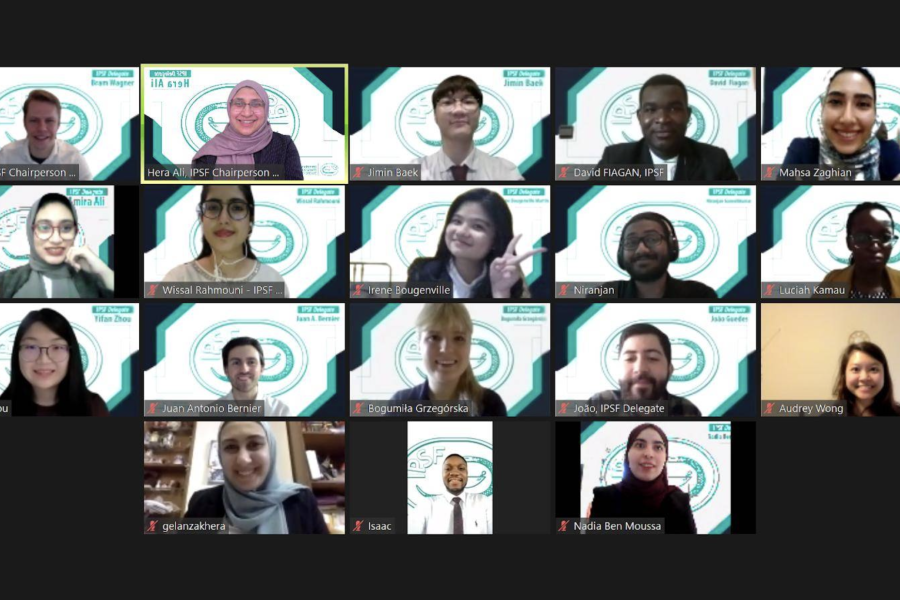
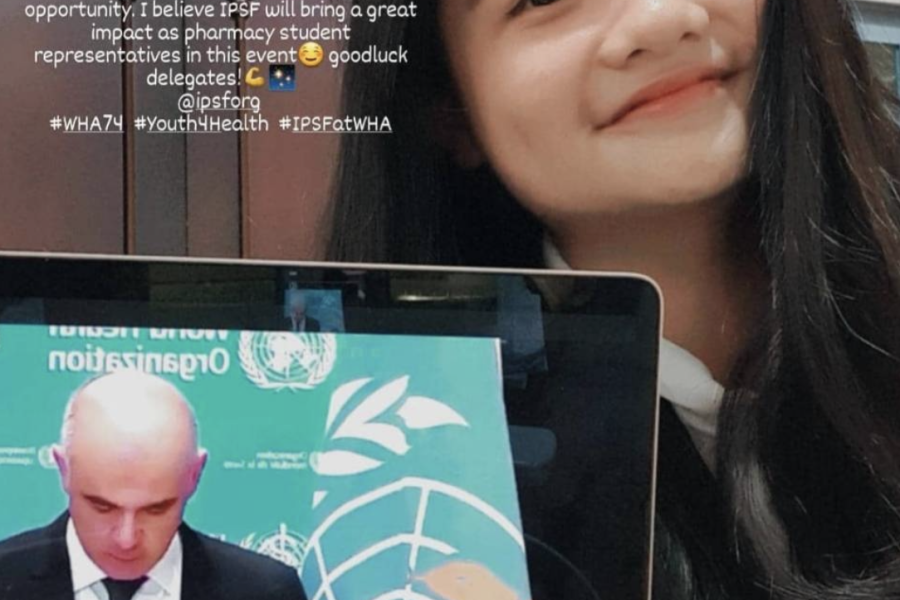
My experience as a WHA delegate
Through the UN HLPF, I also learned how climate change can exacerbate these issues. From natural disasters that damage WASH facilities and cause infectious diseases, to women who are forced to lose their right to education and employment because they have to walk every day to carry and provide clean water. All of this encourages me to advocate more strongly for climate injustice, especially because of the deforestation efforts that often occur in my hometown of Kalimantan, where forests are cut down for the expansion of oil palm plantations. This can also exacerbate issues of poverty, gender-based violence and lack of resilience in our communities.
All these UN-led programs have helped me overcome my trauma and broaden my perspective on social and environmental issues. This opportunity has also made me think, if only I had access to this information earlier, I would have been saved from what happened to me. However, I could not continue to dwell in the past. Therefore, I decided to dedicate my life to helping others and serving vulnerable groups, especially women and girls.
I started being active in advocacy by creating content on Instagram to raise awareness about mental health issues and women empowerment. I also use my account to share information on issues that I think are important for young people to be aware of and take action on such as climate change, gender inequality and the like. Currently, I work part-time at a non-governmental organization that focuses on providing psychological and legal support to victims of bullying and gender-based violence.
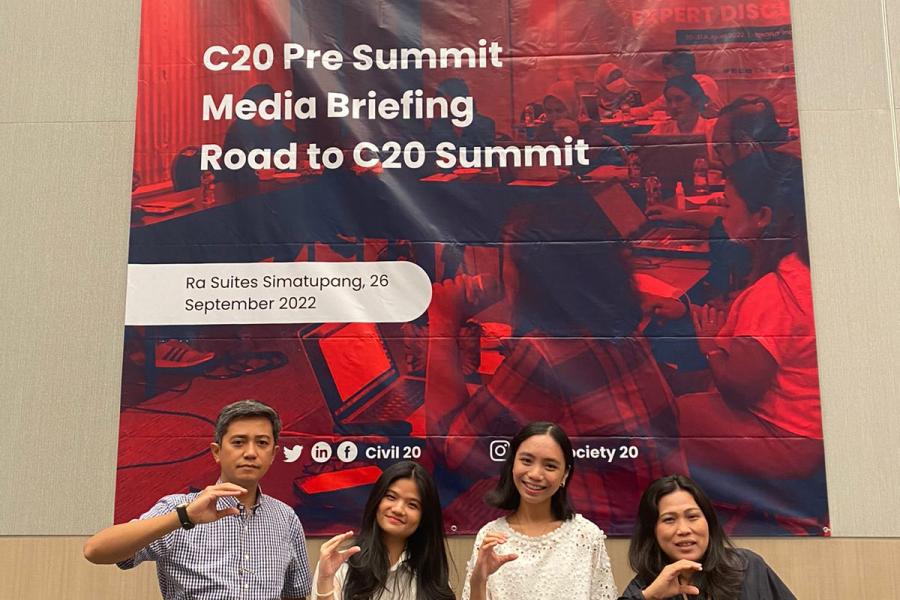
How the UN shaped who I am today
I would not be who I am today, brimming with confidence and living with purpose, if not for the opportunities the UN has given me and the inspiring figures I have met along the way. Motivated by their passion, I want to pursue a Master's degree in Public Health, a PhD in Gender Studies, and a career at UNFPA where I hope to contribute to society through my work.
Someday, I hope to give back to my country by aspiring as the Minister of Women's Empowerment and Child Protection (PPPA), where I want to provide protection and develop policies that can better protect victims of GBV, implement CSE into the school curriculum, and empower women to pursue and advance their careers as they dream. As a young Chinese-Indonesian woman, one thing I have learned from the UN is that being a minority is not a disadvantage. Rather it should be seen as the basis of how I can connect with other marginalized communities and utilize the skills and knowledge I have gained to serve others.

